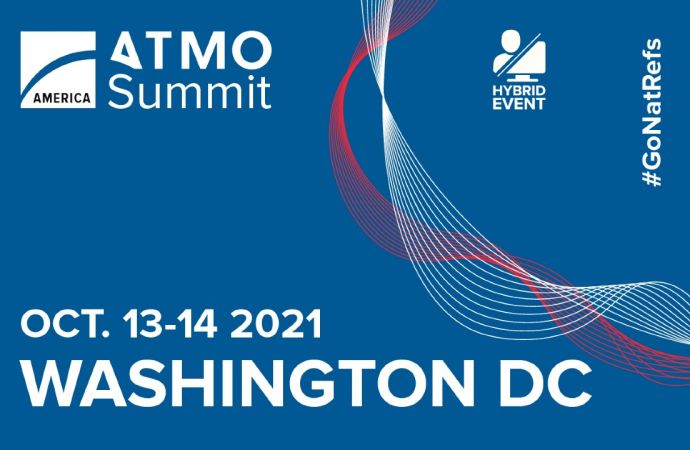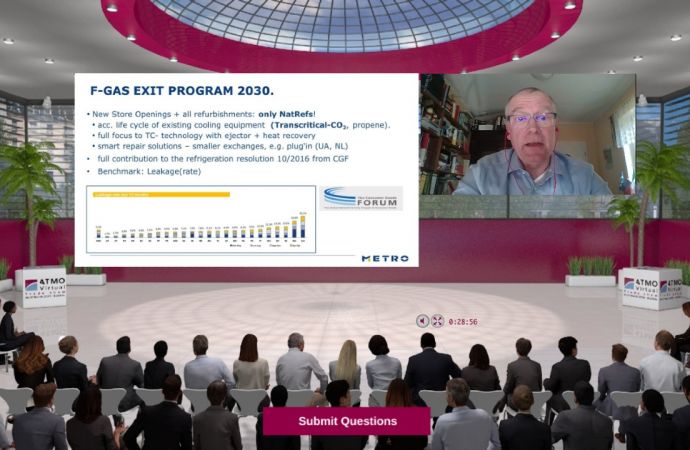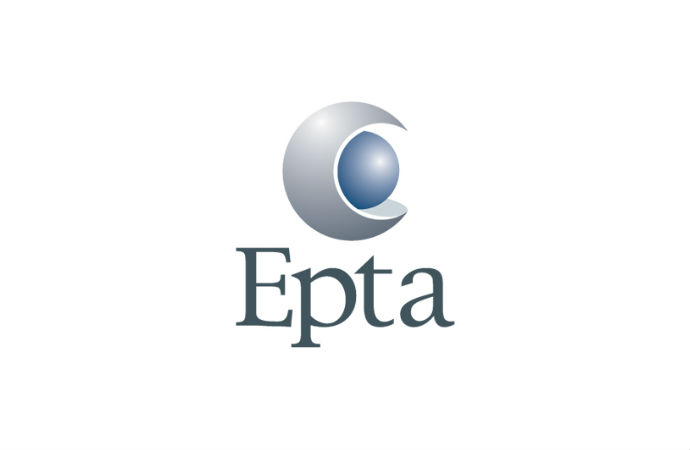At a refurbished hypermarket, Real is saving up to 30% in electricity usage with its transcritical system, while avoiding upfront capital costs, in one of the first arrangements of its kind.
_1603203520.jpg)
REAL Market, Ingelheim, Germany.
Real, a German hypermarket chain, is for the first time leasing, rather than purchasing, a transcritical CO2 refrigeration system for a remodeled store in Krefeld, Germany, thereby avoiding a significant capital investment while cutting electricity costs.
The system is being leased from E.ON, an energy provider based in Essen, Germany. E.ON was responsible for buying and installing the refrigeration equipment; the refurbishment process took around eight months, and was completed in November 2019.
E.On guarantees the operation and maintenance of the system for 10 years. Real pays a fixed monthly fee for the duration of the contract, after which the equipment becomes the retailer’s property.
Real operates 276 stores in Germany, of which six use transcritical CO2 systems purchased by the chain. Previously owned by transcritical CO2 pioneer Metro AG, Real was sold in February to German-Russian consortium SCP Group and X + Bricks.
As for why Real opted for the first time to lease this refrigeration system, “We wanted to save cash, time and carbon,” said Antonio Tegas, Head of Real’s Technical Purchasing Department. “It is not our core competency to refurbish the technical equipment in our stores, but it is the opposite for E.ON. Therefore we wanted to use such competency and spirit and focus on our core business.”
By avoiding upfront capital expenses, Real also sees an opportunity to accelerate the installation of cooling, HVAC, lighting, and other devices, Tegas added. “E.ON will give us a guarantee about the planned and calculated savings – the business case can financially only be better, never worse.”
“We are saving money by cost, capex reduction and by time, and time is money in our business,” he said.
Epta FTE CO2 system
The existing refrigeration system in the Krefeld store had already been updated to a lower GWP fluid matching the EU F-Gas regulation’s requirements, but due to its age, the system was not “operating efficiently,” Tegas said.
Real and E.ON therefore agreed to install an FTE transcritical CO2 system from Italian OEM Epta system in the store, bringing in a 10% energy savings over a “standard” CO2 system, according to Sascha Onucka, a Key Account Manager at E.ON. The leased transcritical system uses up to 30% less electricity than a previously used HFC system. she said. With doors on display cases and efficient fans, the store has reduced energy consumption by almost 50%.
The system has a total capacity of 200kW (56.9TR) for the 7,000m2 (75,350ft2) store, and it includes heat recovery for hot tap water.
To further increase the store’s energy efficiency, solar photovoltaic panels have been installed on the roof, and lighting has been converted to LED in all areas.
With the efficient refrigeration system, heat recovery, and electricity produced by the PV panels, E.ON has calculated a 61% reduction in grid electricity purchases, in addition to a 35% reduction in gas consumption. These reductions result in a total of 51% CO2e emissions reduction.
New for food retail
The leasing business model appears to be new to the food retail market. “So far as I am informed, [the Real store] is one of the first leasing partnerships for cooling as part of store performance contracting,” said Olaf Schulze, Director of Energy Management Investments & Technical Solutions at Metro AG.
However, the model isn’t entirely new to E.ON. The company operates around 10 similar ventures in the hospitality and food industry sectors, where the end user pays a fixed monthly fee. “The solutions we offer to our customers create a win-win situation,” said Onucka. “Our customer can focus on their core business, and we bring in our strength to operate complex technical systems in the most efficient way.”
It is not our core competency to refurbish the technical equipment in our stores, but it is the opposite for E.ON” - Antonio Tegas, Real
“We are convinced that our other customers are very satisfied, and an indicator for us is that we are extending the leasing with some hotel chains in all EU locations,” she added.
The monthly fee paid by the customer is based on the capital investment and the calculated risks. For the Krefeld store, E.ON’s return of investment will be around eight years, according to Onucka, though the exact time frame depends on the developments in energy prices and maintenance costs. (Real’s monthly fee was not disclosed.)
The monthly customer fee does not include the electricity the store uses. “We buy the energy for all of our operations, but E.ON has to install the right technology — and operate and maintain it in the best way — to achieve the calculated energy savings of the total system, Tegas explained.
Real’s leasing arrangement contrasts with another servitization model, cooling as a service (CaaS), which was not sufficiently developed when Real began its Krefeld store refurbishment.
According to the Basel Agency for Sustainable Energy, under the CaaS model, the end user pays the product supplier for each unit of cooling used, and this includes the cost of electricity, water, maintenance and repair. However, the end user does not acquire the product after a period of time.
This article is included in a special issue of Accelerate focusing on Best Practices for Natural Refrigeration in Food Retail. Read the entire issue here.
Related stories



